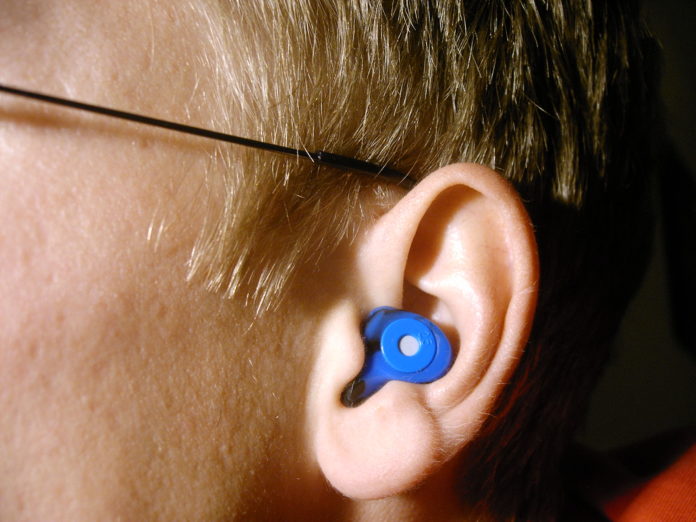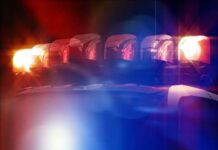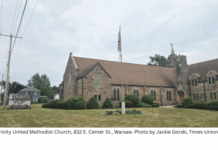
Ball State University audiologist Lynn Bielski urges people to protect their hearing from noise sources such as concerts, lawn mowers, road construction and fireworks.
Summer is a good time to think about year-round noise exposure, she said.
“We live in a noisy world,” says Bielski, an assistant professor of audiology. “Our hearing is one of our senses that we, as humans, oftentimes take for granted. Excessively loud noise, music, or other sound exposure will damage our hearing, and we need to take responsibility and protect it.
“Sounds louder than 80 decibels have the potential to cause permanent damage. Noise created by fireworks, traffic, concerts, and landscaping equipment ranges between 90 and 140 decibels.”
While protecting your hearing from hazardous sounds is important in all seasons, warmer weather make people more vulnerable to noise sources that can lead to permanent hearing loss.
“Similar to wearing a helmet when riding a bike, or a seat belt in a vehicle, hearing protection is critical safety equipment when going to a concert, a fireworks display, or an auto race,” Bielski says. “Children are also at risk for hearing damage from noise exposure.”
Recent studies have shown about 12.5% or 5.2 million children have hearing loss caused by noise exposure. Parents and caregivers can help children insert foam or rubber earplugs, or use earmuffs to prevent exposure to dangerous levels of noise. Signs of exposure to hazardous noise include:
- You can’t understand someone talking two feet away.
- Speech around you sounds muffled.
- You have a pain or ringing in the ears immediately following the exposure.
- Others must raise their voices to be understood.
After exposure to loud sounds, people may notice things sound muffled or perceive ringing in their ears. This typically goes away after a few hours. However, new research has revealed that irreversible damage has already been done to the auditory system, says Bielski.
This type of damage may not result in immediately noticeable hearing difficulty to the individual, so it has been called “hidden hearing loss.” Hearing loss due to noise exposure is preventable. Strategies for reducing hearing damage due to noise include reducing the loudness of the noise, getting farther away from the noise, and wearing hearing protection.




